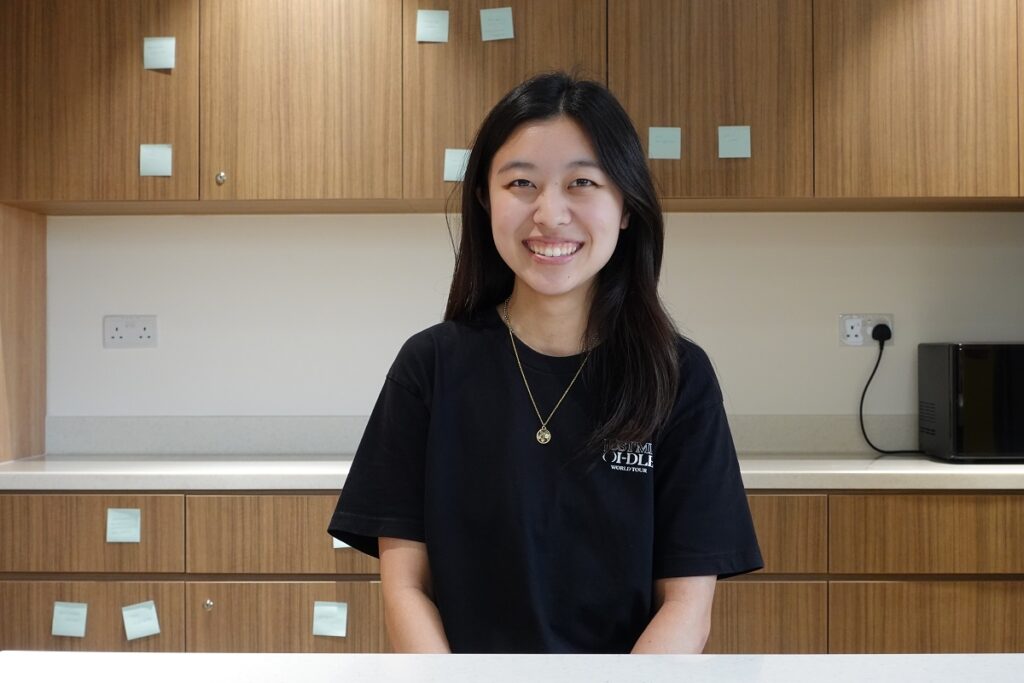
Memoirs of an Intern - Alix
My time as a research intern at the Lloyd’s Register Foundation Institute for the Public Understanding of Risk (IPUR) was an amazing and unforgettable learning experience. During my two month internship from July-August 2023, I had the opportunity to engage in research which focused on environmental risk, policy, and public support. I was involved in a Net-Zero project, coastal flooding project, and a hackathon by UNLEASH Singapore.
I worked mainly on the Net-Zero project by conducting research on how to lower individual carbon emissions and green offerings from different Singaporean banks, as well as screening articles for an extensive literature review on public support for environmental policy. As someone who is deeply interested in environmental science, working on this project was very eye-opening and helped improve my writing and research skills.
I also had the opportunity to attend the UNLEASH Singapore hackathon, which was a space where young people from around the island could come and conceptualise solutions to environmental issues. IPUR submitted a focus area for this event about how Singapore can reduce its plastic bottle consumption. During the event, I took some footage for a promotional video and was able to listen in on a lot of the creative ideas people came up with regarding plastic waste.
One group discussed Sentosa’ initiative to do away with all plastic water bottles by the end of 2023. I did some research on this initiative later on in my internship, and actually had the chance to visit Sentosa, and it was interesting to see the plastic alternatives they had come up with so far; these alternatives included refillable glass bottles, tap water spouts in hotels, and paper milk carton packaging for water in convenience stores.
Throughout the internship, I was exposed to many new ideas about risk communication, perception, and research. It was really interesting to learn about the different ways in which people perceive environmental risk, as well as the impact this has on their decisions to support different policies. In my International Development Studies courses, we often discuss how to create effective initiatives in accordance with what local people in developing countries need, rather than allowing large organisations to blindly implement solutions. I believe that talking to people about what risks they perceive in their daily life, and how this influences their behaviour, can prove useful in creating and implementing development solutions.
Another facet of risk perception I found particularly interesting was how to communicate risk in the medical field. Towards the end of my internship, I was asked to find articles which advised medical professionals how to communicate risk. It was intriguing to learn about how different doctors choose to convey risk, especially in special case studies such as when a patient does not speak the doctor’s language. As someone who has undergone surgery, it was fascinating to compare how I had been informed about the procedural risks versus what was recommended in the articles.
I am very grateful for all the guidance from my supervisor, Dr Olivia Jensen, as well as the other researchers at the IPUR. I was able to receive a lot of helpful tips on how to conduct effective research, and am extremely grateful to have had the opportunity to collaborate with so many talented people. Furthermore, I am sure the lessons and skills I learned at the IPUR will aid me greatly in my last two years of university at UCLA as well as in my career.
